Sumatran Orangutan Pongo abelii
Critically Endangered
Population: 13,846
Sumatran Orangutans are iconic species of South East Asia. They live in moist lowland forest, montane forest and peat swamps of Sumatra. Rarely do they travel on the ground and spend most of their lives in the tree tops. They mostly are frugivores but will also on occasion eat meat. There are less than 14,000 Sumatran Orangutans, their main threat is #palmoil, #timber and #mining deforestation. Use your wallet as a weapon and fight for them. Help them and be #vegan, #Boycottpalmoil and #Boycott4Wildlife!
They are diurnal and almost exclusively arboreal; females virtually never travel on the ground and adult males do so only rarely. Sumatran Orangutans are primarily frugivores, but also eat young and mature leaves, seeds, shoots, pith, flowers, insects (termites and ants), bark and, on occasion, the meat of slow loris (Fox et al. 2004, Wich et al. 2006, Morrogh-Bernard et al. 2009, Hardus et al. 2012b). Female home ranges vary in size from 0.8–1.5 km². The true extent of male home range size is not fully known, although ranges well in excess of 30 km² are inferred (Singleton and van Schaik 2001, Singleton et al. 2009).
#Sumatran #Orangutans are critically #endangered due to #palmoil #deforestation. 80% of their rainforest habitat has been destroyed in 20 years. Protect them with a brand #Boycott4Wildlife on #palmoil! Photos by @CraigJones17
Tweet
Until recent decades, #Sumatran #Orangutans were abundant in #Indonesia. They are now on a knife-edge of survival, critically #endangered from #palmoil #deforestation to 80% of range. Fight hard for them and #Boycottpalmoil #Boycott4Wildlife
Tweet
Sumatran Orangutan photography by Craig Jones
“Orangutans are us and we are them in so many ways. Their peaceful mannerism and intelligence is just remarkable.
“I feel there is so much we still don’t know about these great apes. For as long as I walk this earth I will do my best to help them, alongside every other creature we share this planet with, by using my camera and my own voice to help them. Without direct intervention in the national parks the Orangutans along with other forest-dependent wildlife- like the Sumatran Tigers and Elephants will become progressively scarcer until their populations are no longer viable.” ~ Craig Jones, Wildlife Photographer, Conservationist.
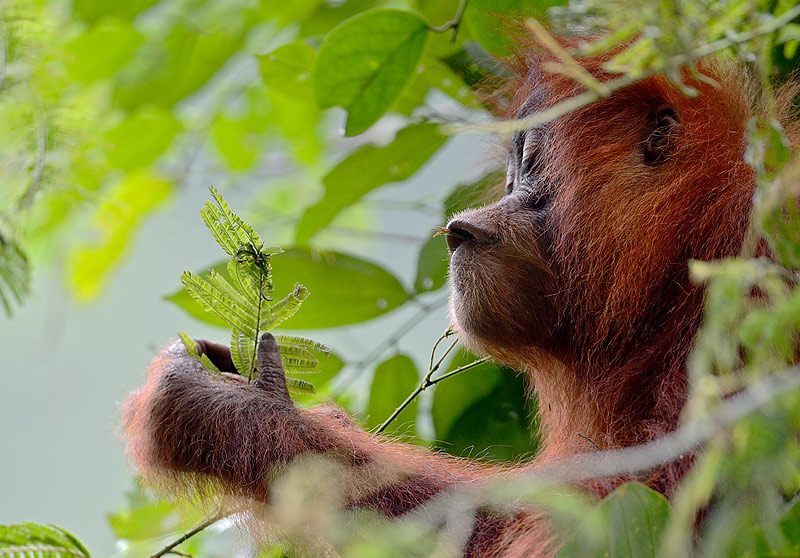
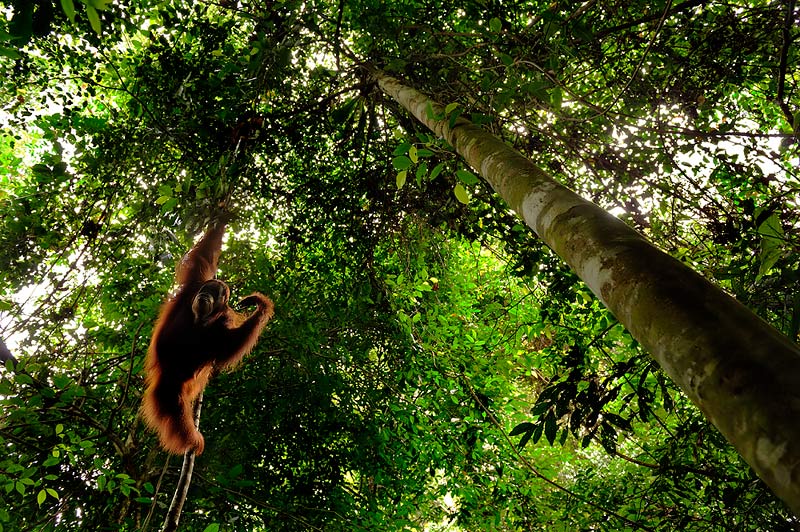

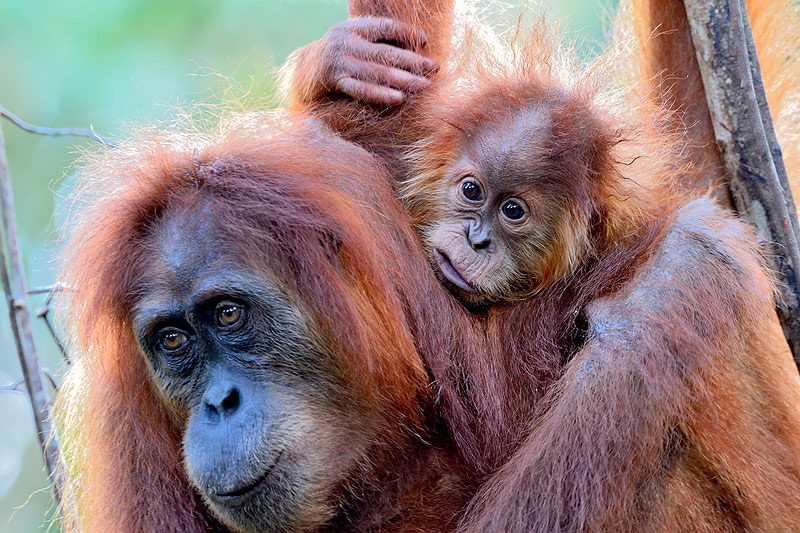

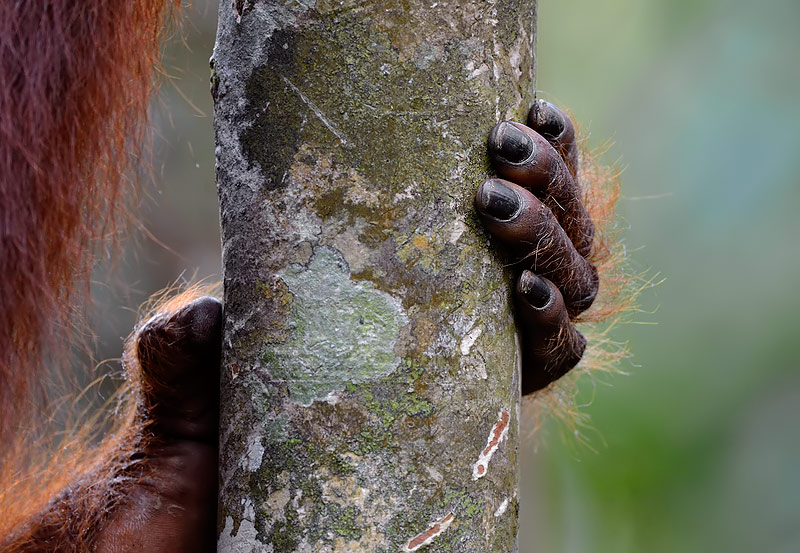
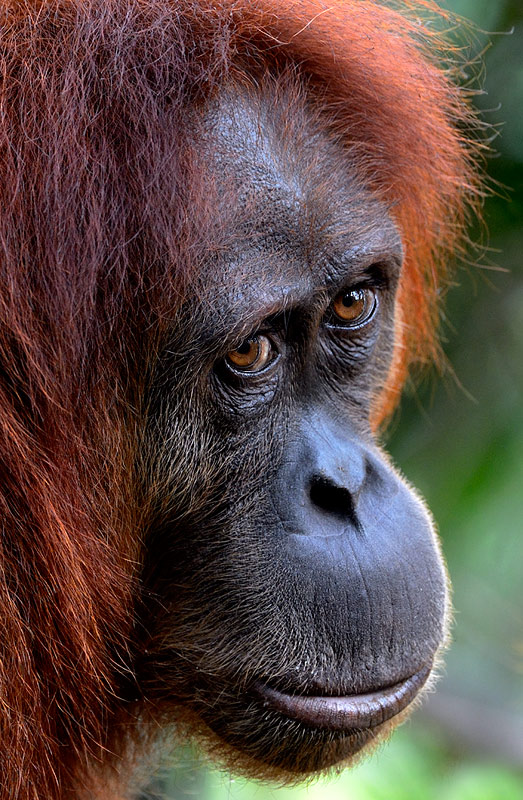

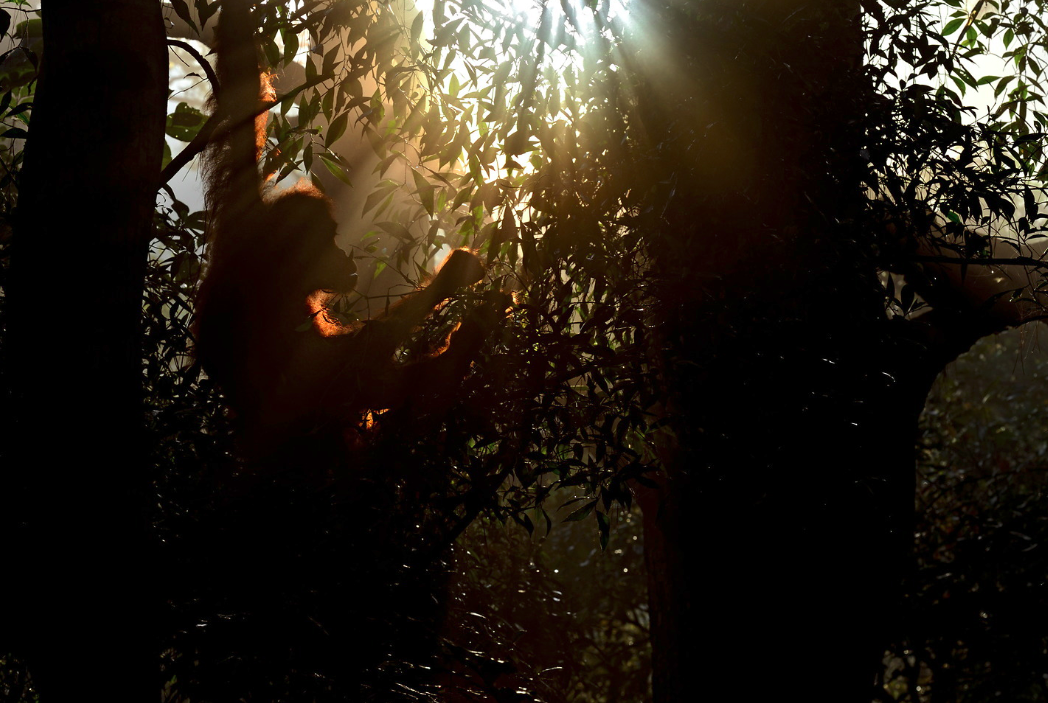
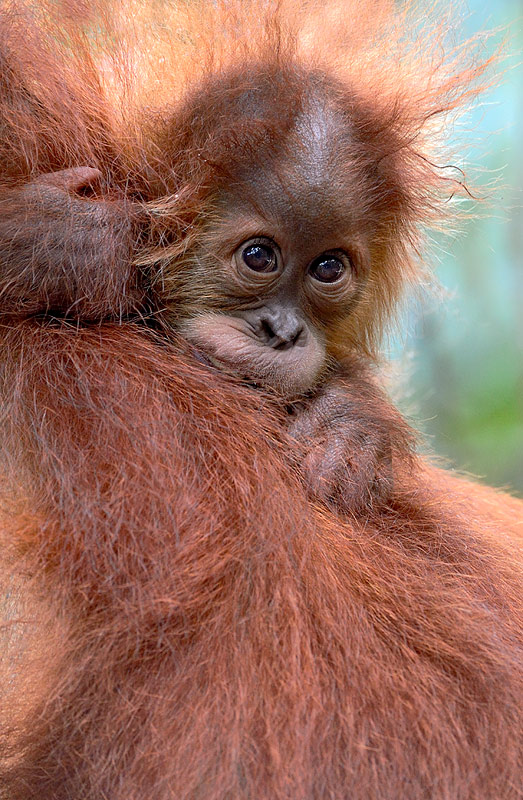
The Sumatran Orangutan’s survival is seriously threatened by habitat loss and fragmentation (Wich et al. 2008, 2011, 2016). Forests continue to be cleared at the large and medium scale for oil-palm plantations that can each cover hundreds of square kilometres.
iUCN Red list
Due to high levels of habitat conversion and fragmentation, and illegal killing, the Sumatran Orangutan is estimated to have experienced a significant population reduction in recent years. Forest loss data indicate that key Sumatran Orangutan forest habitat (i.e., below 500 m asl) was reduced by 60% of its area between 1985 and 2007 (Wich et al. 2008, 2011). It is thought that this reduction will continue as forests within the species’ range remain under considerable threat (Wich et al. 2016).

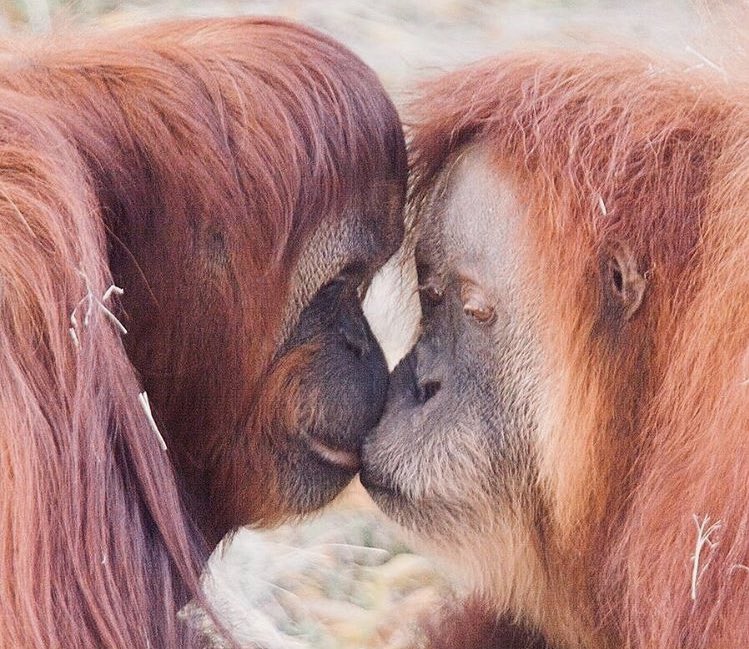
On a smaller scale, logging for timber (both legal and illegal) remains a threat, as does the creation of new roads, which fragment populations and gives access to illegal settlements and further encroachment for agriculture and plantations (also frequently illegal), and to wildlife poachers. When industrial plantations are established, the resident orangutans are forced to seek refuge in adjacent forest patches, if any remain, but in the long term they are likely to succumb to malnutrition and starvation due to competition and limited resources. Such forest fragments are often subsequently cleared as well.
Sumatran Orangutans are frequently killed deliberately, completely illegally, and surviving infants end up in an illegal pet trade. This trade tends to be a by-product of habitat conversion, for example, if an Orangutan is found in an isolated patch of trees during the conversion process, there is a high probability it will be killed. Sumatran Orangutans are also regularly killed in human-wildlife conflict situations, for example, if raiding fruit crops on farmland at the forest edge (Wich et al. 2012).
Further Information

Singleton, I., Wich , S.A., Nowak, M., Usher, G. & Utami-Atmoko, S.S. 2017. Pongo abelii (errata version published in 2018). The IUCN Red List of Threatened Species 2017: e.T121097935A123797627. https://dx.doi.org/10.2305/IUCN.UK.2017-3.RLTS.T121097935A115575085.en. Downloaded on 24 January 2021.
Photos by Craig Jones Wildlife Photography
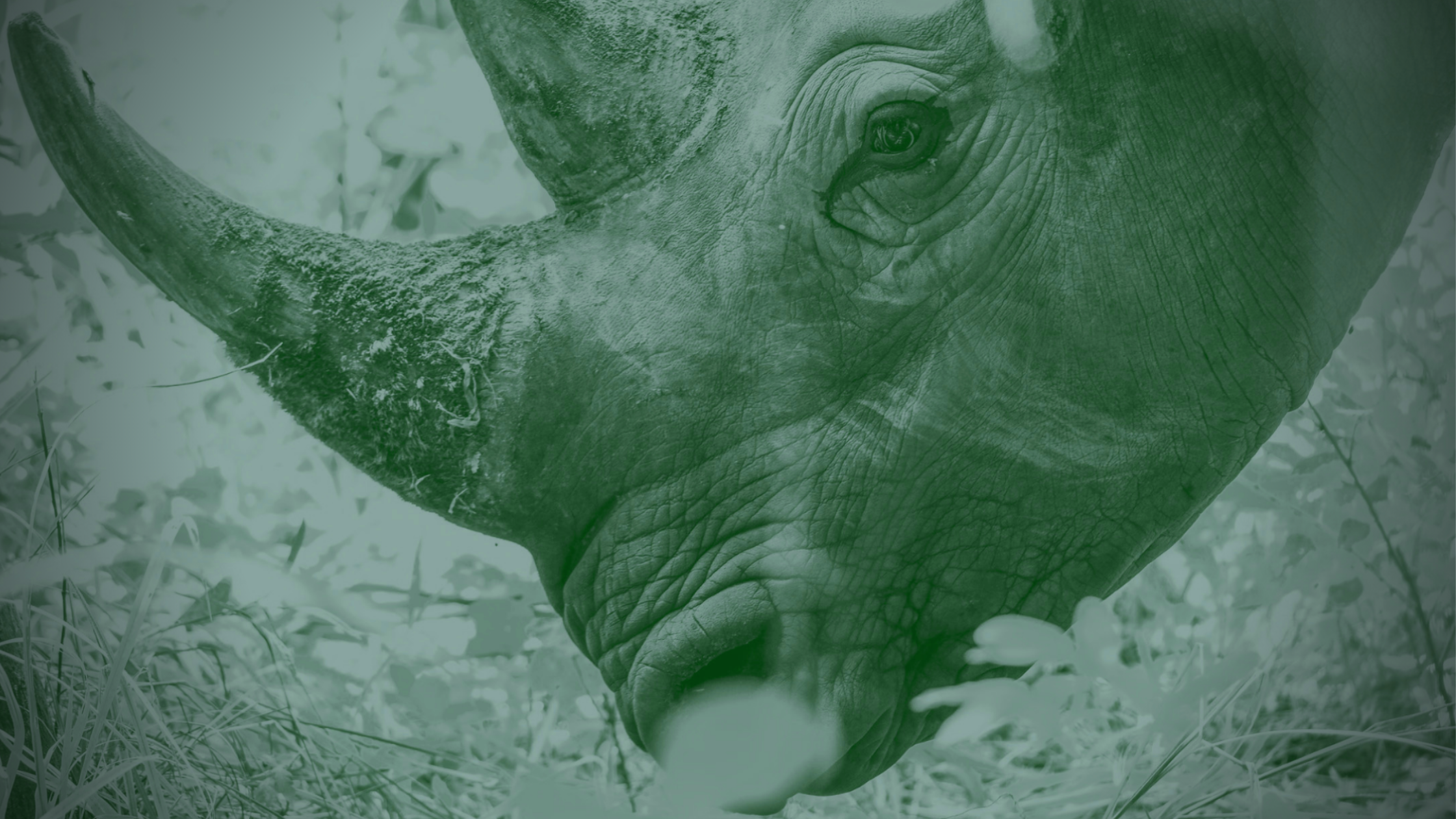
How can I help the #Boycott4Wildlife?
Contribute in five ways
1. Join the #Boycott4Wildlife on social media and subscribe to stay in the loop: Share posts from this website to your own network on Twitter, Mastadon, Instagram, Facebook and Youtube using the hashtags #Boycottpalmoil #Boycott4Wildlife.
2. Contribute stories: Academics, conservationists, scientists, indigenous rights advocates and animal rights advocates working to expose the corruption of the palm oil industry or to save animals can contribute stories to the website.
3. Supermarket sleuthing: Next time you’re in the supermarket, take photos of products containing palm oil. Share these to social media along with the hashtags to call out the greenwashing and ecocide of the brands who use palm oil. You can also take photos of palm oil free products and congratulate brands when they go palm oil free.
4. Take to the streets: Get in touch with Palm Oil Detectives to find out more.
5. Donate: Make a one-off or monthly donation to Palm Oil Detectives as a way of saying thank you and to help pay for ongoing running costs of the website and social media campaigns. Donate here




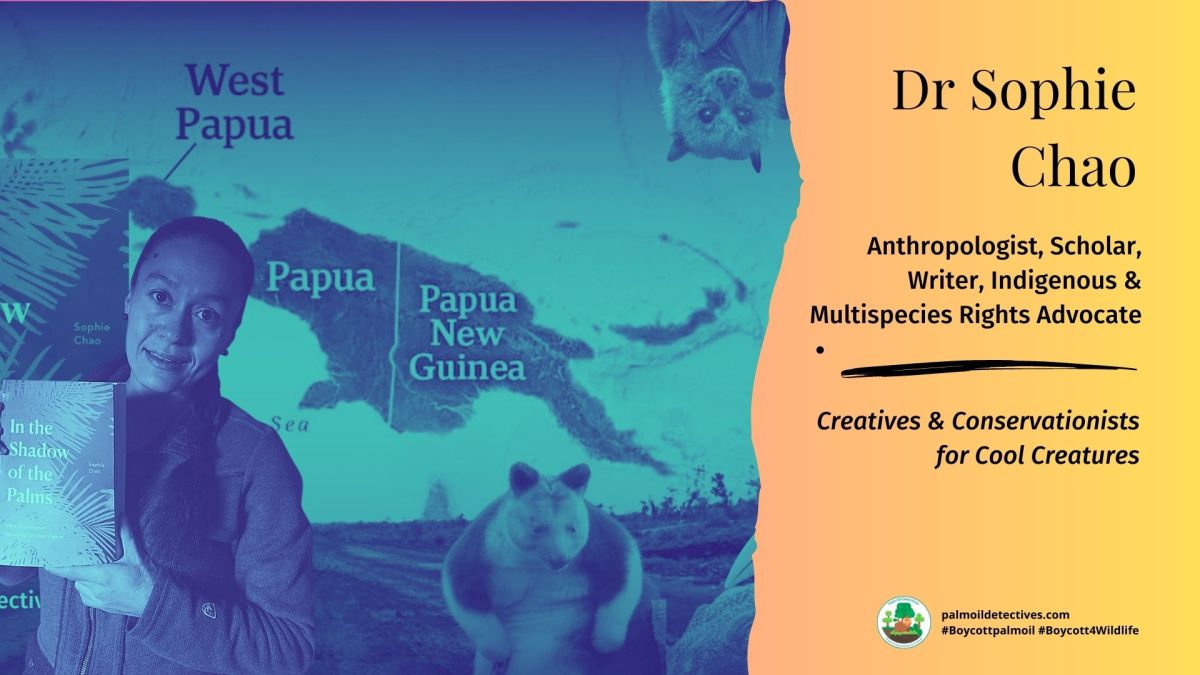



2 thoughts on “Sumatran Orangutan Pongo abelii”